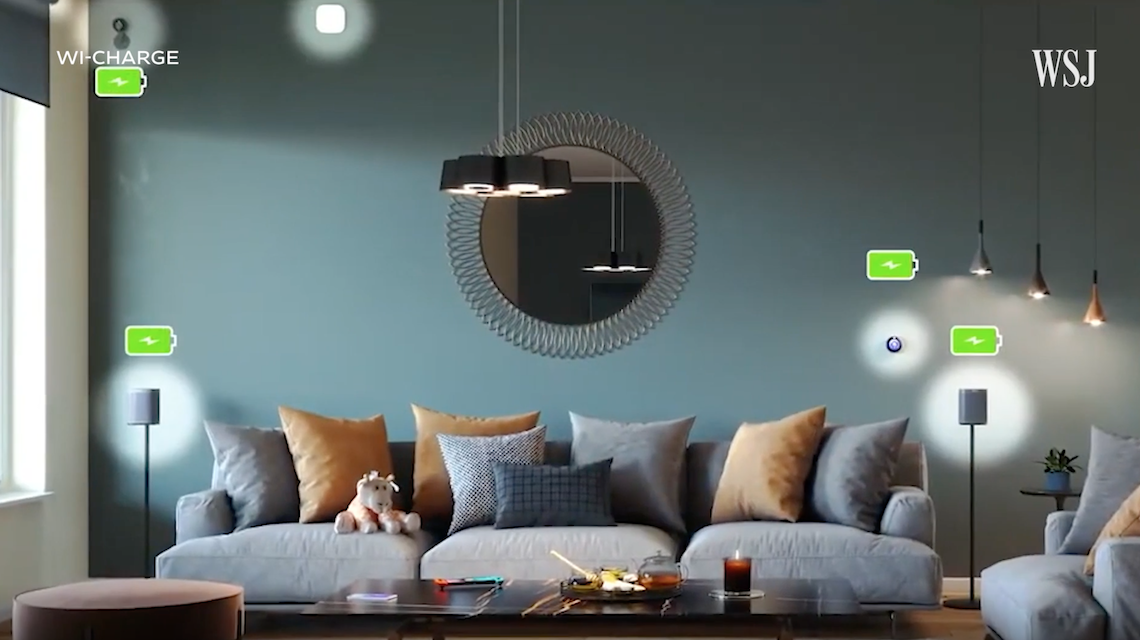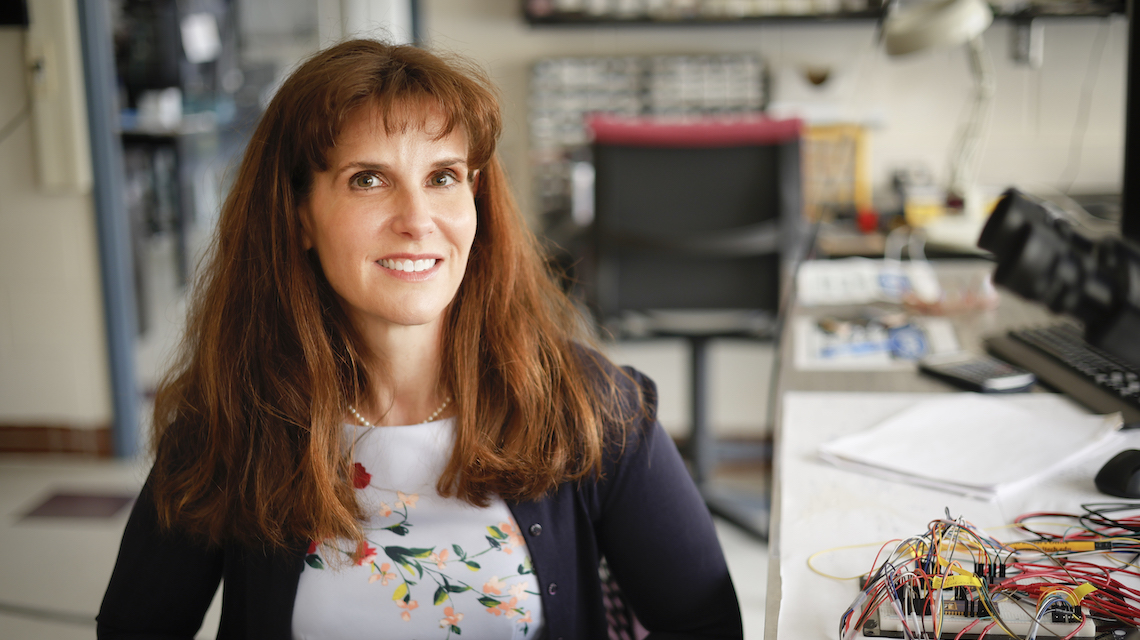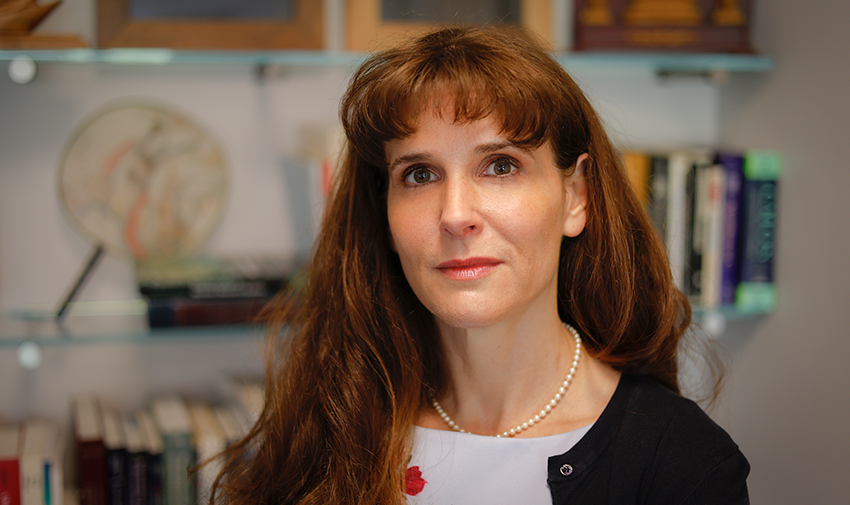.png
)
44 student teams were given RP2040s to create anything. Here’s what they made
A smart baton for conducting an imaginary orchestra, a gesture-controller kitchen carousel, an autonomous luggage following system, and lots of video games. Forty-four student teams were given Raspberry Pi 2040 microcontroller chips to design and engineer their own projects as part of the fall ECE4760 course Digital Systems Design Using Microcontrollers. The course is instructed by Hunter Adams, lecturer in the School of Electrical and Computer Engineering, who said the course produced more projects in the fall semester than it has in nearly two decades. “Every year, I’m blown away by the... Read more









